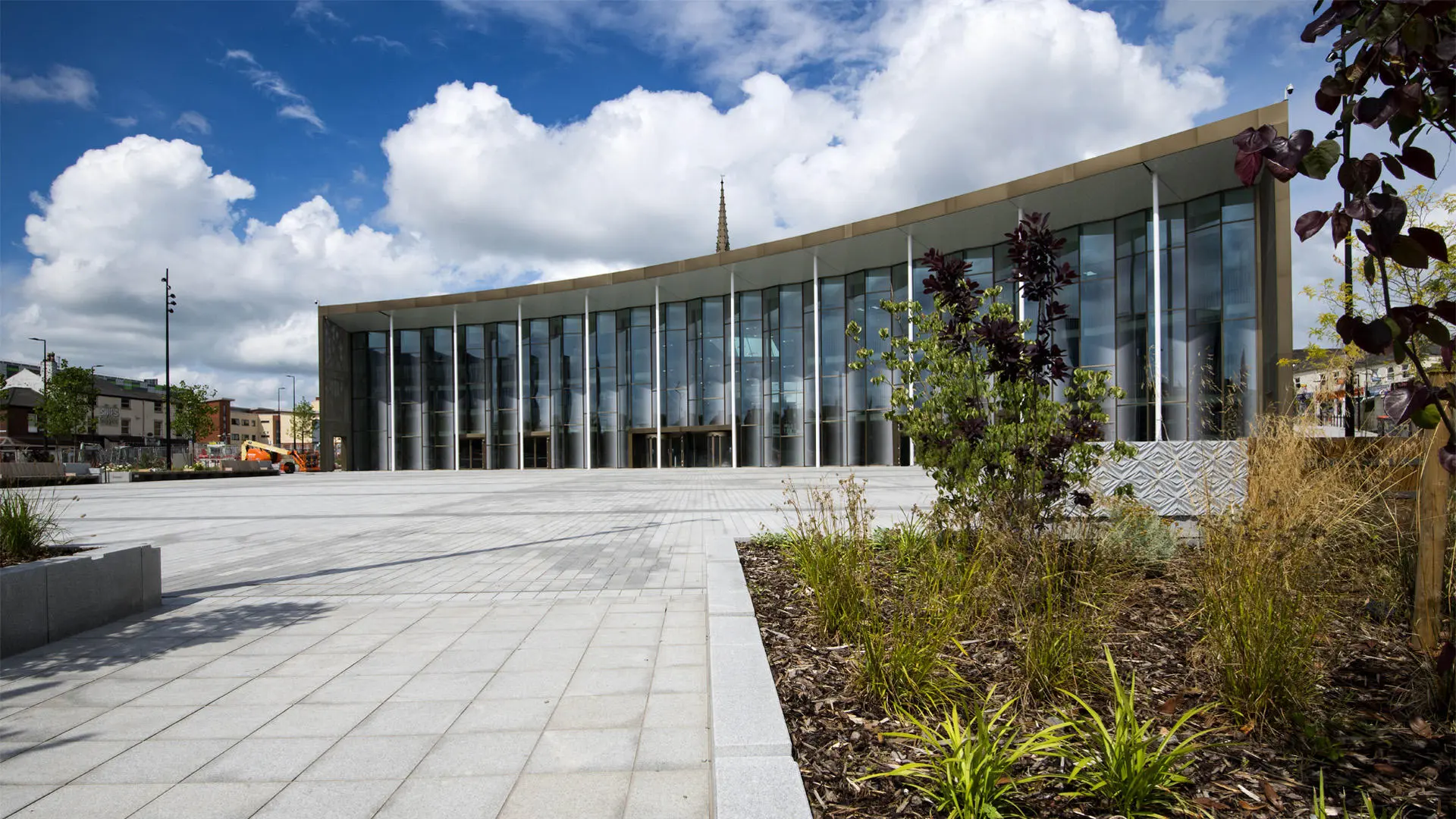The aims of the project were to:
- Strengthen, formalise and expand the English National Healthy Universities Network
- Generate and disseminate web-based guidance tools and case studies that enable HEIs to develop as Healthy Universities
- Support further national developments, building on the findings of the National Research and Development Project.
The project received strategic guidance from a high-level Leadership Advisory Group comprising senior representatives from partner HEIs and national stakeholder organisations – and chaired by Professor Richard Parish, Chief Executive of the Royal Society for Public Health) and Ewart Wooldridge CBE, Chief Executive of the Leadership Foundation for Higher Education. It was operationally managed by a Project Board made up of representatives from the six partner HEIs.
Central to the project was the English National Healthy Universities Network, which was formed in 2006 in response to growing demand from HEIs interested in developing and implementing this whole university approach. Convened by the Healthy & Sustainable Settings Unit at the University of Central Lancashire, this is still active (see under 'Ongoing Projects') and now has a membership of more than 60 HEIs and 20 other bodies – with members representing a diversity of staffing groups – including student services, sports, human resources and academic departments.
The Network aspires to create learning environments and organisational cultures that enhance the health, wellbeing and sustainability of university communities and enable people to achieve their full potential.
It uses meetings, events and electronic communication to:
- facilitate the exchange of information, research, practice and experience related to the implementation of Healthy Universities
- develop and promote models of good practice advocate
- advise on the Healthy Universities approach at regional and national levels
- encourage collaborative development and research

